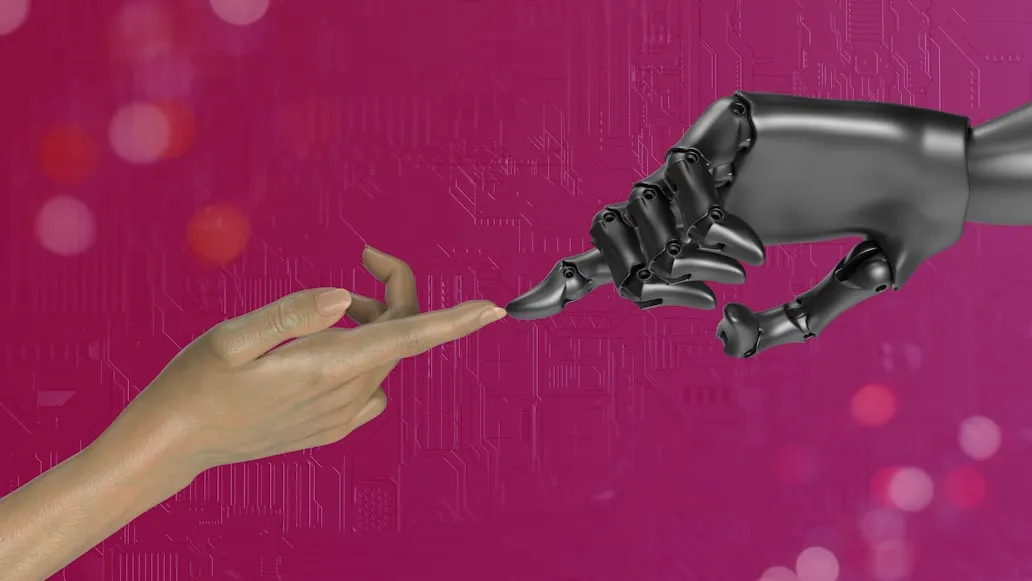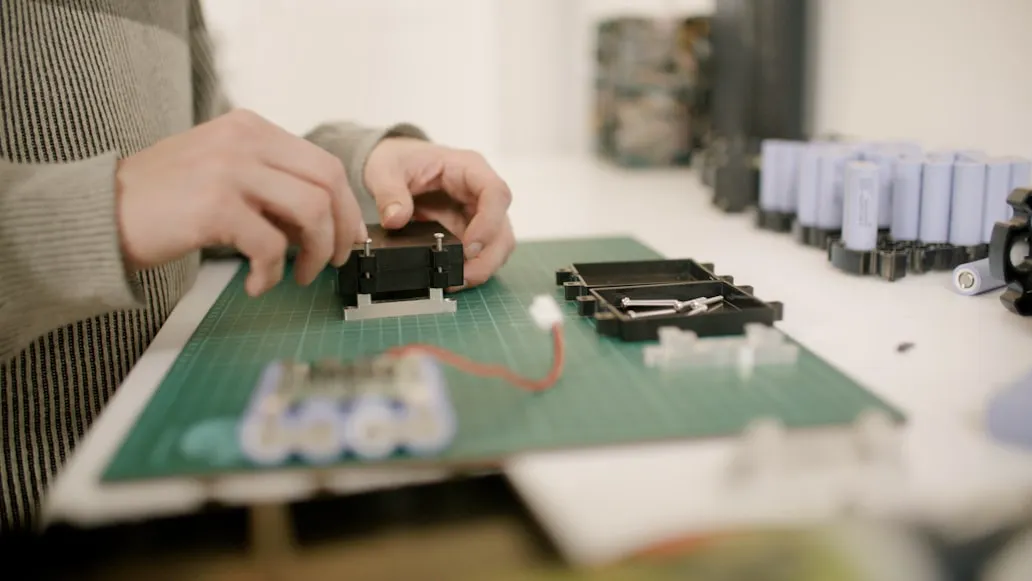
In 2025, AI isn’t just in the cloud — it’s in your pocket, your car, and even your kitchen. The new wave of “personal AI” systems are more than virtual assistants; they’re becoming adaptive companions that learn your preferences, anticipate your needs, and act on your behalf.
Smarter, faster, more personal
Unlike earlier chatbots, these AIs run partly on-device, ensuring faster responses and better privacy. They integrate with every part of daily life — scheduling meetings, handling online shopping, summarizing news, even drafting legal letters.
Global adoption trends
In South Korea, AI-powered translation earbuds are bridging language gaps in real-time. In Brazil, personal AI tutors are helping students in rural areas catch up on math and science. In Europe, AI mental health companions offer 24/7 check-ins and support, especially for the elderly.
Opportunities and risks
The benefits are vast — productivity boosts, accessible education, and more personalized healthcare. But concerns remain: over-reliance, data privacy, and the psychological effects of forming bonds with non-human entities.
The economic shift
Personal AI is also reshaping work. Many freelancers and small businesses now rely on AI for design, accounting, and marketing tasks, making high-quality services affordable without large teams.
The bottom line
The personal AI era is here — and the question isn’t whether you’ll use one, but how much you’ll let it into your life.







